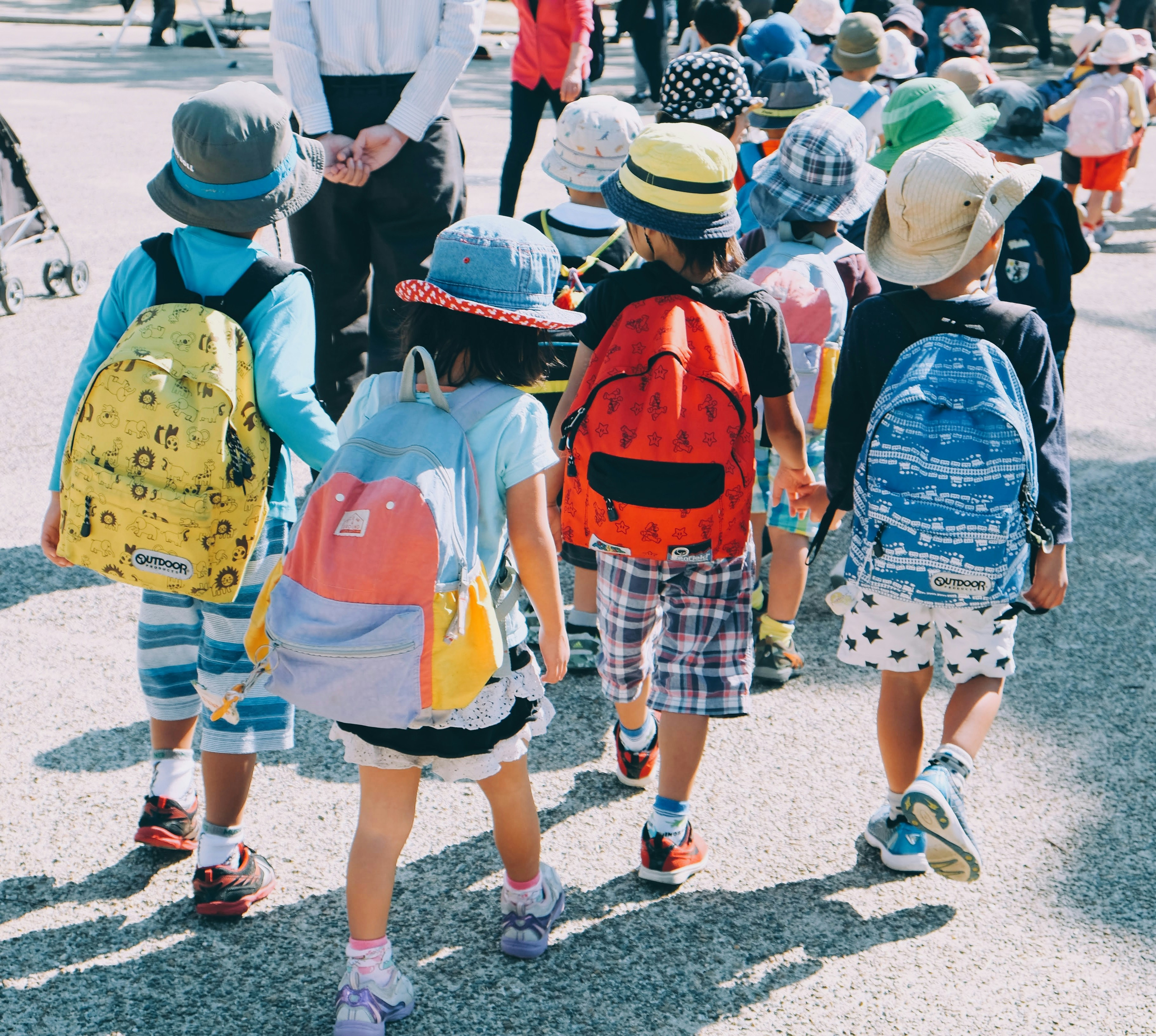In this blog post, we'll explore practical strategies for developing a good parent-teacher relationship, enhancing collaboration, and supporting children's educational journey.
Prioritise Communication
Effective communication is the cornerstone of a successful parent-teacher relationship. Parents and teachers should establish open lines of communication from the outset, welcoming dialogue and feedback. Schedule regular check-ins, whether through face-to-face meetings, phone calls, emails, or virtual platforms, to discuss students' progress, concerns, and goals. Be proactive in sharing important information, such as upcoming assignments, events, or behavioural issues. By prioritising communication, parents and teachers can work together to support children's academic and social development.
Show Respect and Empathy
Respect and empathy are essential components of a positive parent-teacher relationship. Recognise that both parents and teachers have valuable insights and perspectives to contribute to a child's education. Approach interactions with empathy, understanding that each party has their own priorities, challenges, and constraints. Listen actively to each other's concerns and perspectives, and strive to find common ground and solutions that prioritise the child's best interests. By showing respect and empathy, parents and teachers can build trust and collaboration in supporting children's learning journey.
Be Proactive and Solution-Oriented
Addressing issues and challenges as they arise is key to maintaining a healthy parent-teacher relationship. Be proactive in identifying potential concerns or areas for improvement, whether academic, behavioural, or social. Approach discussions with a solution-oriented mindset, focusing on constructive strategies to address the issue at hand. Collaborate on action plans that involve clear goals, timelines, and responsibilities for both parents and teachers. By working together proactively, parents and teachers can address challenges early and prevent them from escalating.
Attend Parents’ Evenings and School Events
Parents’ evenings and school events provide valuable opportunities for parents and teachers to connect and collaborate. Make an effort to attend these events regularly, as they offer insights into your child's progress, strengths, and areas for growth. Use these occasions to share information, ask questions, and discuss strategies for supporting your child's learning and development. Additionally, participating in school events, such as open houses, performances, or fundraisers, helps strengthen ties with the school community and fosters a sense of belonging.
Respect Confidentiality and Boundaries
Respecting confidentiality and boundaries is essential for maintaining trust and professionalism in the parent-teacher relationship. Avoid discussing sensitive information about students in public or with unauthorised parties. Respect teachers' professional judgement and expertise, refraining from questioning their decisions or undermining their authority in front of students.
Similarly, teachers should respect parents' privacy and confidentiality, particularly when discussing personal or sensitive matters. By upholding confidentiality and boundaries, parents and teachers can create a safe and respectful environment for collaboration.
Developing a good parent-teacher relationship is essential for supporting children's academic success and wellbeing. By prioritising communication, showing respect and empathy, being proactive and solution-oriented, attending parents’ evenings and school events, and respecting confidentiality and boundaries, parents and teachers can build a strong partnership that benefits students, families, and the school community as a whole. Together, we can create a supportive environment where every child has the opportunity to thrive and succeed.
K Elizabeth xoxox
*Collaborative Post

.jpg)
No comments
Post a Comment